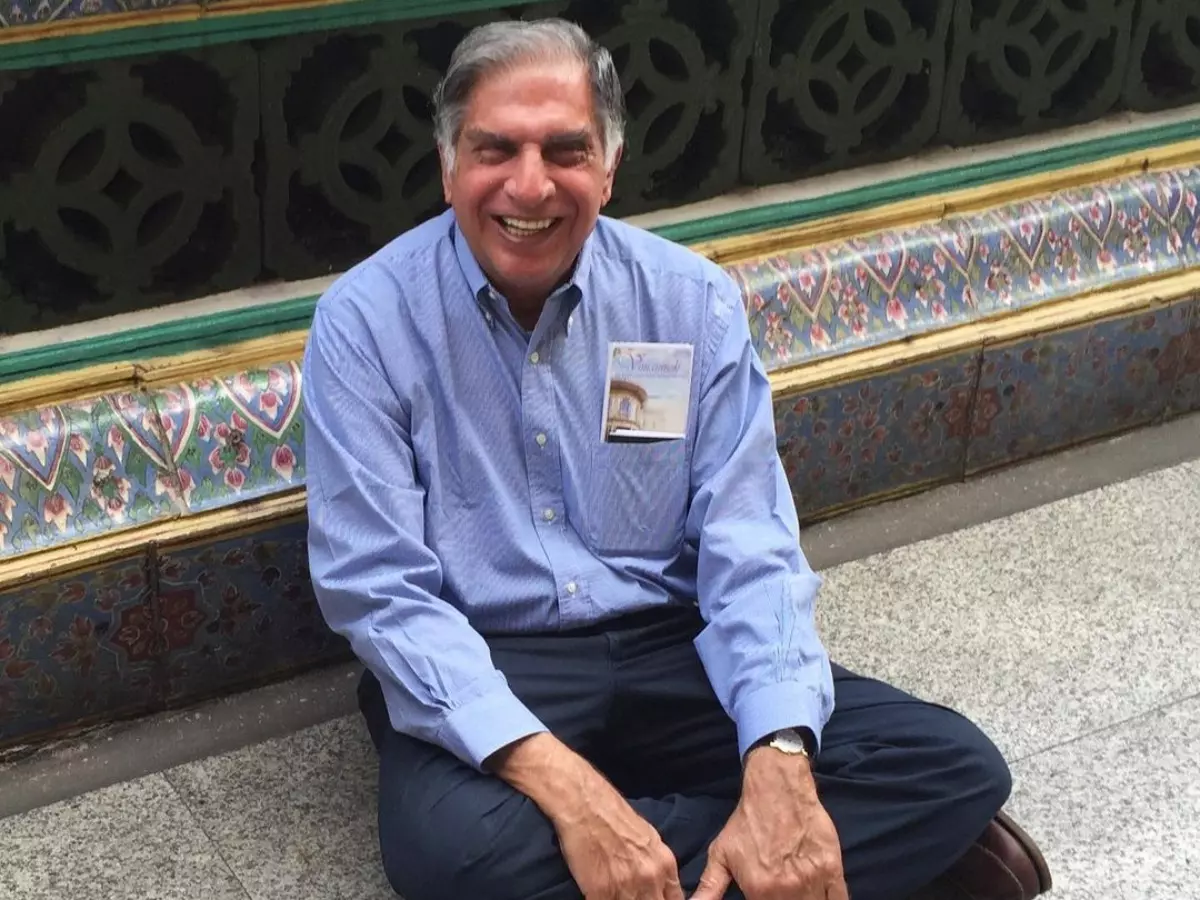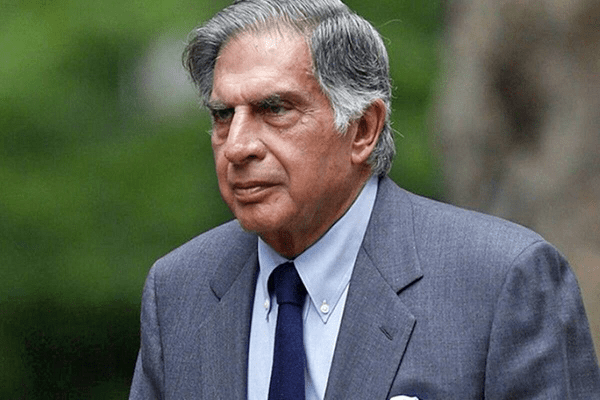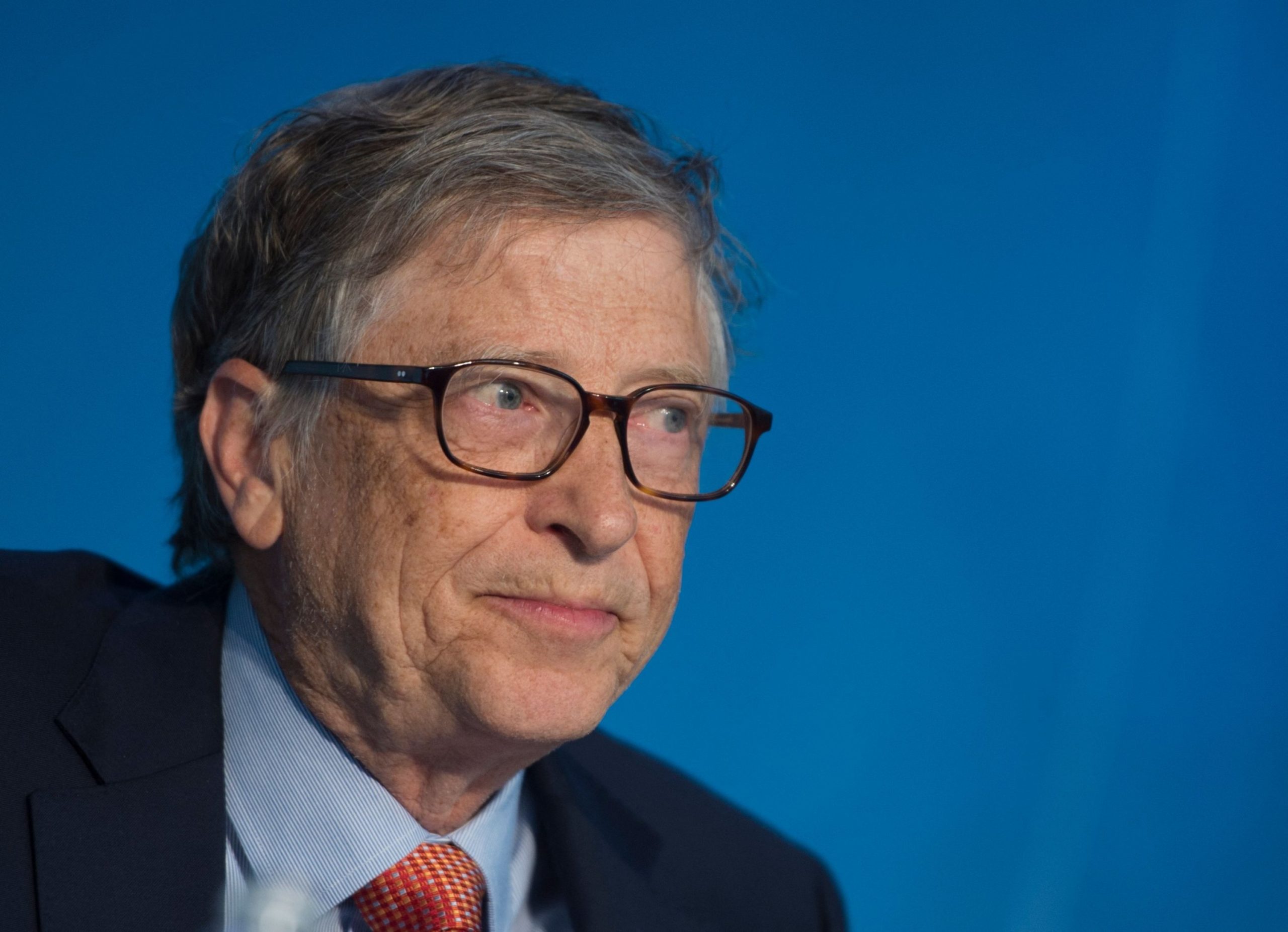Ratan Naval Tata, born on December 28, 1937, in Mumbai, India, is a distinguished industrialist, philanthropist, and former chairman of Tata Sons, the holding company of the Tata Group, India’s largest conglomerate. His career spans decades of transformative leadership, marked by innovation, ethical governance, and commitment to social responsibility.
Early Life and Education
Ratan Tata was born into the prominent Tata family, renowned for its contributions to Indian industry and philanthropy. He is the great-grandson of Jamsetji Tata, the founder of the Tata Group, whose vision was instrumental in establishing several key industries in India during the late 19th and early 20th centuries.
Ratan Tata attended The Cathedral & John Connon School in Mumbai before moving to the United States to complete his education. He earned a degree in architecture from Cornell University in 1962 and later pursued a management course at Harvard Business School.
Career at Tata Group
Ratan Tata joined the Tata Group in the 1960s and began his career on the shop floor, gaining hands-on experience in various Tata companies. He quickly rose through the ranks and became the chairman of Tata Sons in 1991, succeeding J.R.D. Tata.
Under his leadership, the Tata Group witnessed significant expansion and globalization. Ratan Tata initiated strategic acquisitions and collaborations that diversified the group’s portfolio across industries such as steel, automotive, information technology, telecommunications, hospitality, and aerospace. Notable acquisitions during his tenure include Tata Steel’s acquisition of Corus Group (now Tata Steel Europe) in 2007, which made Tata Steel one of the largest steelmakers globally.
Philanthropy and Social Initiatives
Ratan Tata’s commitment to corporate social responsibility and philanthropy has been a cornerstone of his leadership. He has championed sustainable development, rural livelihoods, education, healthcare, and empowerment of marginalized communities through initiatives supported by Tata Trusts, which hold a significant stake in Tata Sons.
Tata Trusts, under his guidance, have spearheaded several impactful projects, including the Tata Memorial Hospital for cancer treatment and research, Tata Institute of Social Sciences (TISS), and various rural development programs. His efforts have earned him widespread respect and admiration for leveraging business success to benefit society.
Family and Personal Life
Ratan Tata is known for his private and modest lifestyle despite being one of India’s most influential figures. He never married and has no children, focusing instead on his professional responsibilities and philanthropic endeavors.
Ratan Tata Biography
| Birth | 28 December 1937 |
| Age | 84 years |
| Education | Cornell UniversityHarvard Business School |
| Family | Naval Tata (Father)Sooni Commissariat (Mother) |
| Occupation | Former Chairperson of Tata Sons and Tata GroupPhilanthropistInvestor |
| Title | Chairman Emeritus, Tata Sons and Tata Group |
| Predecessor | JRD Tata |
| Successor | Cyrus Mistry (2012)Natarajan Chandrasekaran (2017–present) |
| Awards | Padma Vibhushan (2008)Padma Bhushan (2000) |
| Net Worth | Rs. 6000 crores |
| Famous Quotes | “I don’t believe in taking the right decisions. I take decisions and then make them right.” “Power and wealth are not two of my main stakes.” |
Achievements and Recognition
Ratan Tata’s contributions to industry and society have been widely recognized both in India and globally. He received the Padma Bhushan in 2000 and the Padma Vibhushan in 2008, two of India’s highest civilian awards, in recognition of his exceptional leadership and contributions to economic development.
Ratan Tata was awarded many notable awards and honors. Some of them are mentioned below:
| Year | Name | Awarding Organization |
| 2000 | Padma Bhushan | Government of India |
| 2008 | Padma Vibhushan | Government of India |
| 2001 | Honorary Doctor of Business Administration | Ohio State University |
| 2004 | Medal of the Oriental Republic of Uruguay | Government of Uruguay |
| 2004 | Honorary Doctor of Technology | Asian Institute of Technology. |
| 2005 | International Distinguished Achievement Award | B’nai B’rith International |
| 2005 | Honorary Doctor of Science | University of Warwick. |
| 2006 | Honorary Doctor of Science | Indian Institute of Technology Madras |
| 2006 | Responsible Capitalism Award | For Inspiration and Recognition of Science and Technology (FIRST) |
| 2007 | Honorary Fellowship | The London School of Economics and Political Science |
| 2007 | Carnegie Medal of Philanthropy | Carnegie Endowment for International Peace |
| 2008 | Honorary Doctor of Law | University of Cambridge |
| 2008 | Honorary Doctor of Science | Indian Institute of Technology Bombay |
| 2008 | Honorary Doctor of Science | Indian Institute of Technology Kharagpur |
| 2008 | Honorary Citizen Award | Government of Singapore |
| 2008 | Honorary Fellowship | The Institution of Engineering and Technology |
| 2008 | Inspired Leadership Award | The Performance Theatre |
| 2009 | Honorary Knight Commander of the Order of the British Empire (KBE) | Queen Elizabeth II |
| 2009 | Life Time Contribution Award in Engineering for 2008 | Indian National Academy of Engineering |
| 2009 | Grand Officer of the Order of Merit of the Italian Republic | Government of Italy |
| 2010 | Honorary Doctor of Law | University of Cambridge |
| 2010 | Hadrian Award | World Monuments Fund |
| 2010 | Oslo Business for Peace award | Business for Peace Foundation |
| 2010 | Legend in Leadership Award | Yale University |
| 2010 | Honorary Doctor of Laws | Pepperdine University |
| 2010 | Business for Peace Award | Business for Peace Foundation |
| 2010 | Business Leader of the Year | The Asian Awards. |
| 2012 | Honorary Fellow | The Royal Academy of Engineering |
| 2012 | Doctor of Business honoris causa | University of New South Wales |
| 2012 | Grand Cordon of the Order of the Rising Sun | Government of Japan |
| 2013 | Foreign Associate | National Academy of Engineering |
| 2013 | Transformational Leader of the Decade | Indian Affairs India Leadership Conclave 2013 |
| 2013 | Ernst and Young Entrepreneur of the Year – Lifetime Achievement | Ernst & Young |
| 2013 | Honorary Doctor of Business Practice | Carnegie Mellon University |
| 2014 | Honorary Doctor of Business | Singapore Management University |
| 2014 | Sayaji Ratna Award | Baroda Management Association |
| 2014 | Honorary Knight Grand Cross of the Order of the British Empire (GBE) | Queen Elizabeth II |
| 2014 | Honorary Doctor of Laws | York University, Canada |
| 2015 | Honorary Doctor of Automotive Engineering | Clemson University |
| 2015 | Sayaji Ratna Award | Baroda Management Association, Honoris Causa, HEC Paris |
| 2016 | Commander of the Legion of Honour | Government of France |
| 2018 | Honorary Doctorate | Swansea University |
| 2021 | Assam Baibhav | Government of Assam |
Legacy
Ratan Tata retired as chairman of Tata Sons in 2012 but continues to be actively involved in philanthropy and advisory roles within the Tata Group. His legacy is characterized by ethical leadership, visionary decision-making, and a deep commitment to nation-building and social welfare.
In conclusion, Ratan Tata’s journey exemplifies how a blend of entrepreneurial spirit, ethical values, and social responsibility can drive not only business success but also sustainable development and societal impact. His leadership has left an indelible mark on the Tata Group and continues to inspire future generations of leaders in India and beyond.









